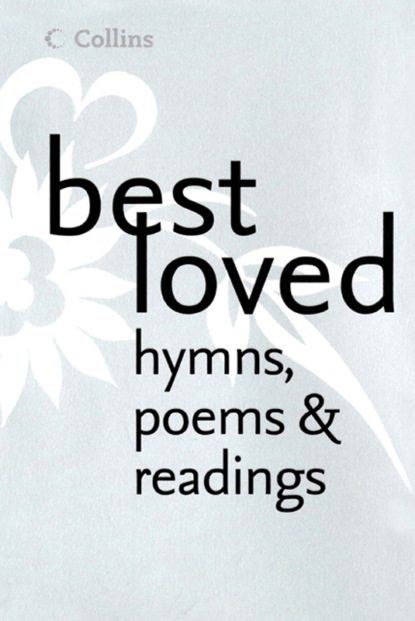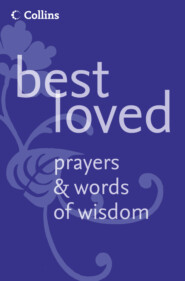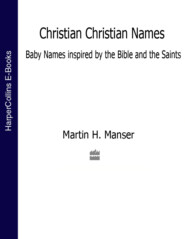По всем вопросам обращайтесь на: info@litportal.ru
(©) 2003-2024.
✖
Best Loved Hymns and Readings
Настройки чтения
Размер шрифта
Высота строк
Поля
Help of the helpless, oh, abide with me!
Swift to its close ebbs out life’s little day;
Earth’s joys grow dim, its glories pass away;
Change and decay in all around I see:
O Thou, who changest not, abide with me!
I need Thy presence every passing hour;
What but Thy grace can foil the tempter’s power?
Who like Thyself my guide and stay can be?
Through cloud and sunshine, Lord, abide with me!
I fear no foe with Thee at hand to bless:
Ills have no weight and tears no bitterness:
Where is death’s sting? Where, grave, thy victory?
I triumph still if Thou abide with me.
Hold then Thy cross before my closing eyes!
Shine through the gloom, and point me to the skies!
Heaven’s morning breaks, and earth’s vain shadows flee:
In life and death, O Lord, abide with me!
Henry Francis Lyte (1793-1847)
Adam and Eva (#ulink_da726a8e-2b70-5a73-9050-c4d584e4092e)
This passage from. Genesis 2:18-24 is sometimes used as a Bible reading at weddings. It illustrates the mutual companionship and interdependence that exist in a marriage relationship.
Then the LORD God said, ‘It is not good that the man should be alone; I will make him a helper as his partner.’ So out of the ground the LORD God formed every animal of the field and every bird of the air, and brought them to the man to see what he would call them; and whatever the man called each living creature, that was its name. The man gave names to all cattle, and to the birds of the air, and to every animal of the field; but for the man there was not found a helper as his partner. So the LORD God caused a deep sleep to fall upon the man, and he slept; then he took one of his ribs and closed up its place with flesh. And the rib that the LORD God had taken from the man he made into a woman and brought her to the man. Then the man said, ‘This at last is bone of my bones and flesh of my flesh; this one shall be called Woman, for out of Man this one was taken.’ Therefore a man leaves his father and his mother and clings to his wife, and they become one flesh.
Adonais (#ulink_0274bc89-28bf-5c2e-ab53-8dc1823ed93c)
Percy Bysshe Shelley’s lament for fellow-poet John Keats ranks among his most celebrated poetic works. Written in 1821 in response to the news of Keats’s premature death from consumption in Rome, it is often quoted in part or in full at funerals (the extracts below comprise the more famous passages).
Many have commented upon the melancholy prescience of the final stanza in which Shelley describes how his own spirit is ‘driven far from the shore’: the following year he was himself drowned in a sudden storm while sailing in the bay of Lerici.
Peace, peace! he is not dead, he doth not sleep;
He hath awakened from the dream of life.
‘Tis we, who lost in stormy visions, keep
With phantoms an unprofitable strife,
And in mad trance, strike with out spirit’s knife
Invulnerable nothings. We decay
Like corpses in a charnel; fear and grief
Convulse us and consume day by day,
And cold hopes swarm like worms within our living clay.
He has outsoared the shadow of our night;
Envy and calumny and hate and pain,
And that unrest which men miscall delight,
Can touch him not and torture not again;
From the contagion of the world’s slow stain
He is secure, and now can never mourn
A heart grown cold, a head grown grey in vain;
Nor, when the spirit’s self has ceased to burn,
With sparkles ashes load an unlamented urn.
He is made one with Nature; there is heard
His voice in all her music, from the moan
Of thunder to the song of night’s sweet bird;
He is a presence to be felt and known
In darkness and in light, from herb and stone,
Spreading itself where’er that Power may move
Which has withdrawn his being to its own;
Which wields the world with never-wearied love,












